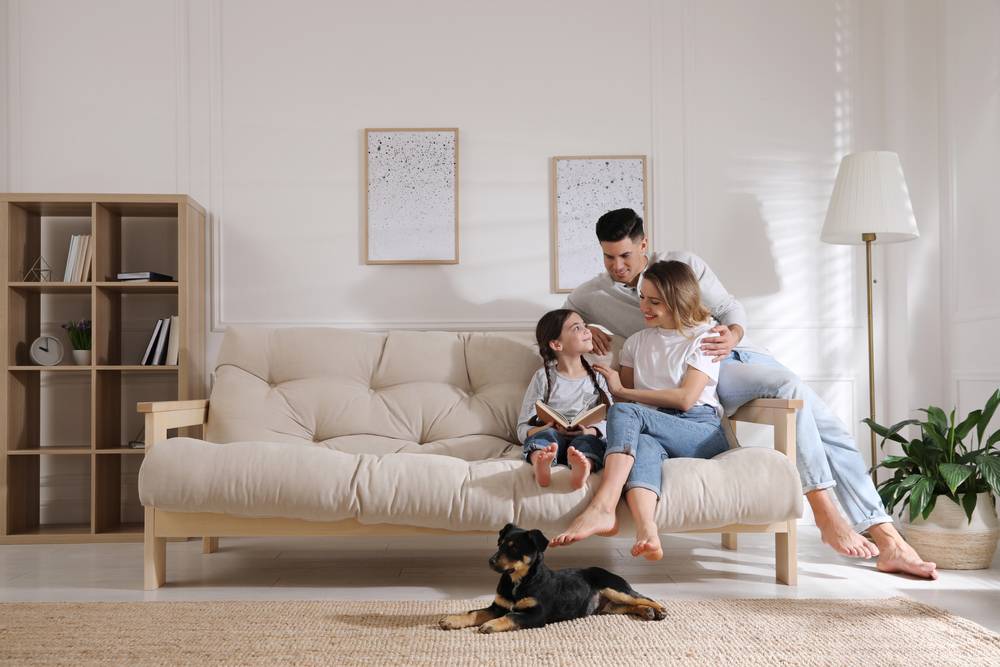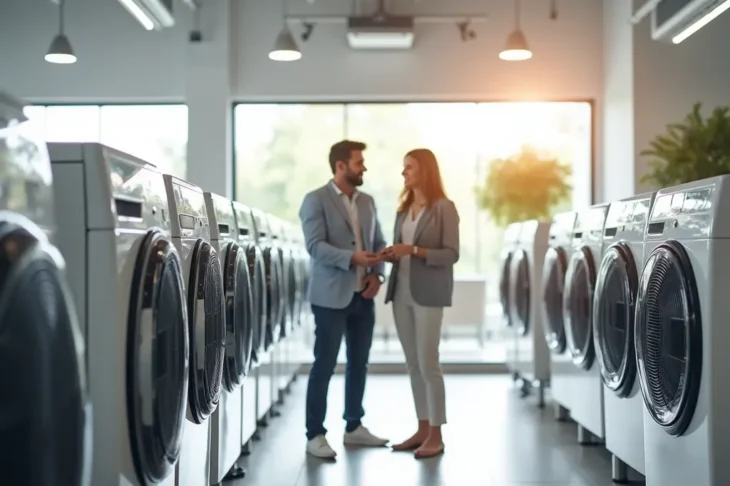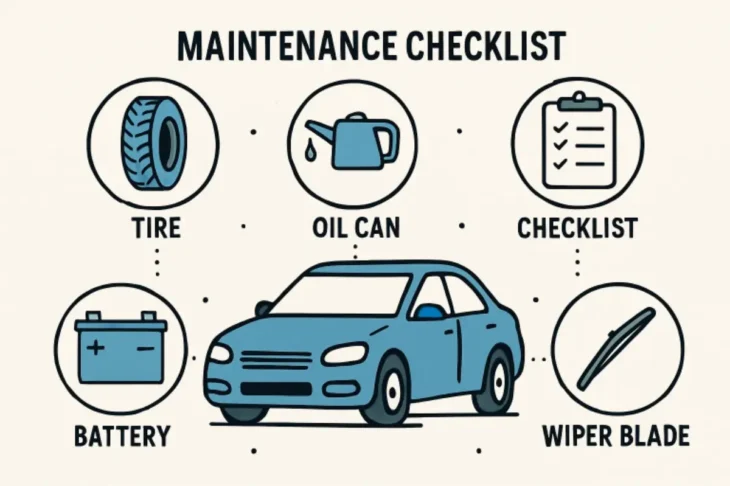
The Secrets to Training a Puppy While Working from Home
Working from home and training a puppy can be equally rewarding and challenging, which is why it’s so important to put the right strategies in place. These strategies will not only help you manage your work responsibilities, but they will help you successfully train your puppy. Discover more about the secrets to training a puppy while working from home.
Establish a Routine
Puppies are all about routine, which is why it’s so important to set a consistent schedule. This includes setting regular times for feeding, potty breaks, playtime, and training sessions. With a predictable routine like this, your puppy knows what to expect, and this will work to reduce any feelings of anxiety they’re having, which also improves the effectiveness of their training.
Morning Routine
Generally speaking, you’re going to want to start your day with a potty break followed by a breakfast of grain-free dog food. Once they’ve eaten, your puppy would benefit from some playtime to burn off their energy. This will set them up to settle down while you’re working.
Workday Routine
Short and frequent potty breaks are important, and so are occasional play sessions. Naturally, puppies have smaller bladders, meaning they need to go outside more often. It’s a good idea to plan these breaks around your work tasks and also use a timer to remind yourself.
Evening Routine
Once your workday comes to a close, it’s time to engage your pup in a longer play session or walk. This way, they’ll be able to release any pent-up energy they have, and it’ll strengthen the bond between you.
Create a Designated Space
Your puppy needs a designated space in your home, which might come in the form of a crate or playpen to keep them feeling safe and secure. A designated space like this helps your puppy understand boundaries and also gives them a space in which they can relax when you’re otherwise occupied.
Crate Training
Introducing your puppy to the crate gradually helps make the experience more positive for them. This is especially true if you’re using treats and toys to encourage them into the crate and get them to stay there. Make sure that you never use the crate as a punishment space; it needs to be a comfortable and inviting space.
Playpen Setup
Playpens can be great alternatives to crates, as they provide more space and movement. You can stock the playpen with toys, a bed, and a water bowl so that your puppy is kept occupied and comfortable.
Use Training Techniques
Patience and consistency are the keys to training a puppy, which might require positive reinforcement techniques that encourage good behavior and discourage unwanted actions.
Basic Commands
Sit, stay, come, and down are just some of the basic commands that you might teach your pet. Treats and praise should be used to encourage this behavior, and short and frequent training sessions are more productive for puppies with short attention spans.
House Training
When it comes to house training, consistency is essential. This means taking your puppy outside frequently, especially when they’ve eaten, drank, or just woken up. After they go to the potty outside, make sure you reward them immediately. If accidents happen inside, sternly tell them “No” and clean it up immediately to remove any scent markers.
Socialization
Your puppy needs to be exposed to different environments, people, and other animals, as this is essential for their development. This works to prevent behavioral issues, so you should look to arrange playdates with other puppies or take your pup for walks in different settings.

